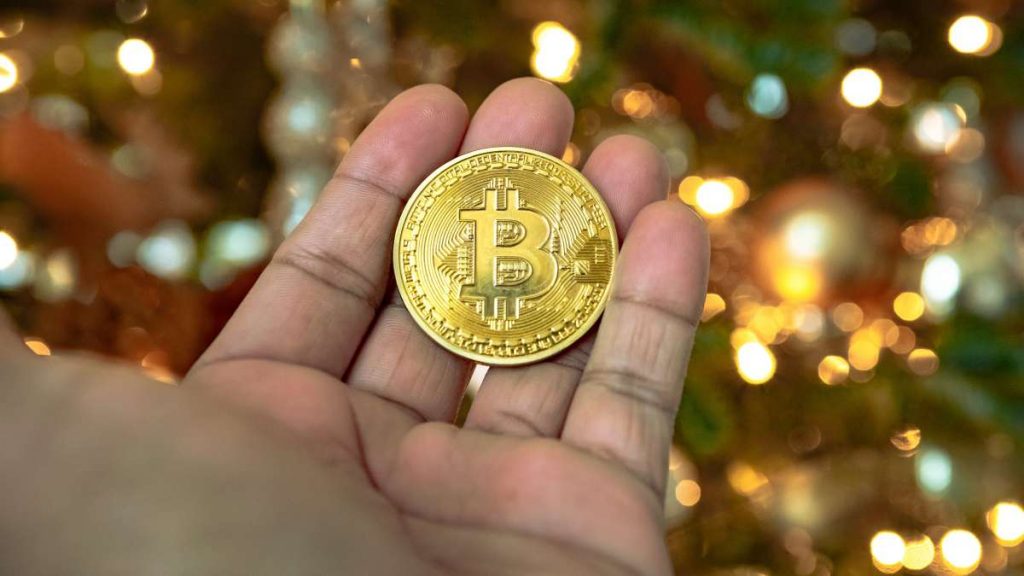Introduction
Utilisation is indeed a key consideration for several digital currencies. A usage coin may be required to use specific applications or sites. As a result, a rising want service will add worth to its usage coin. Because no two virtual currencies are alike, their worth is determined by the characteristics of each cryptocurrency, coin, or initiative. Whenever it concerns Bitcoin, you may reduce it down to eleven characteristics: scarcity, portability, divisibility, durability, fungibility, decentralisation, recognizability, accessibility, stability, uncounterfeitability, programmability, which we’ll go over in much more depth later. But for now follow this link cryptocurrency trading if you feel interested in bitcoin trading and investment.
1. Scarcity
Bitcoin offers virtual limitations, in contrast to typical fiat money, which may be increased indefinitely. There would only be 21 million Bitcoin available. Unlike paper money, which loses worth due to yearly rising prices, Bitcoin’s inflation is regulated and managed. Furthermore, what if we tallied the number of Bitcoins that had been lost forever? In that instance, the production is deflationary, implying fewer Bitcoins will be accessible in the future.
2. Divisibility
There are 1 billion Satoshis in a particular Bitcoin. Bitcoin’s initial programming contains this degree of segmentation. If necessary, the division rate can be modified to Sixteen or even more decimal points, implying that Bitcoin has an indefinite degree of divisibility.
3. Portability
Bitcoins could be exchanged using any communications route, including the web, satellite, and even radio signals, making this the most transferable money ever. Bitcoin is the world’s greatest mobile commodity.
4. Fungibility
Irrespective of who possesses it or its background, each Bitcoin will have the same worth as its equivalent. One oz of purest gold has always been equivalent to some other oz of purest gold, and vice versa. Whatever occurs, a Bitcoin stays a price sign that can be exchanged for other Bitcoins.
5. Durability
Every Bitcoin could be recycled indefinitely despite losing its value.
6. Recognizability
Bitcoin is being recognised and accepted by an increasing quantity of dealers and customers. Several consumers identify Bitcoin as non-currency or other property, even though it is always away from the degree of adoption seen with paper money. They’re open to accepting it as a transaction option.
7. Decentralisation
No particular authority oversees Bitcoin. Unlike the conventional currency, no one could filter, manipulate, or alter the system or its operations. Therefore no one can take your wealth.
8. Accessibility
To possess or receive Bitcoins, you wouldn’t require a confirmed financial account. What you require is a general understanding of computers and access to the internet. The affordability of Bitcoin makes it perfect for financially excluded places around the globe.
9. Uncounterfeitability
All Bitcoin operations that take place are recorded on a public ledger and protected by miner computation. The mechanism was created to avoid the double-spend issue that has hindered the adoption of previous virtual currencies. As an outcome, every Bitcoin money transfers on the platform are genuine and irreversible.
10. Programmability
Despite traditional currency, Bitcoin does have a programmability component. It implies that in the coming future, Bitcoin will be updated and will include much more useful characteristics like smarter agreements, multi-signature transactions, and many others.
11. Stability And Store Of Value
Bitcoin value stabilisation is the one element that is still needed. Bitcoin is treated very much like commodities, including silver and gold, due to its unpredictability. This is expected to alter as Bitcoin becomes more widely adopted, and there are fewer reasons to speculate upon that. Bitcoin is predicted to continue unpredictable until cryptocurrency use becomes universal.
Conclusion
Money is useful if it serves as a storage of worth or could be relied on to keep its relative importance through a period without degrading. Goods or expensive metals such as gold or silver were utilised as transaction mechanisms in many communities across history since they were thought to have a generally steady worth. In today’s world, minted currency frequently relies on fiat currency, which lacks the inherent worth of coinage made of gold and silver. Several currencies depend on the reality that they are representational, which means each token or banknote may be traded for a specific quantity of money.

